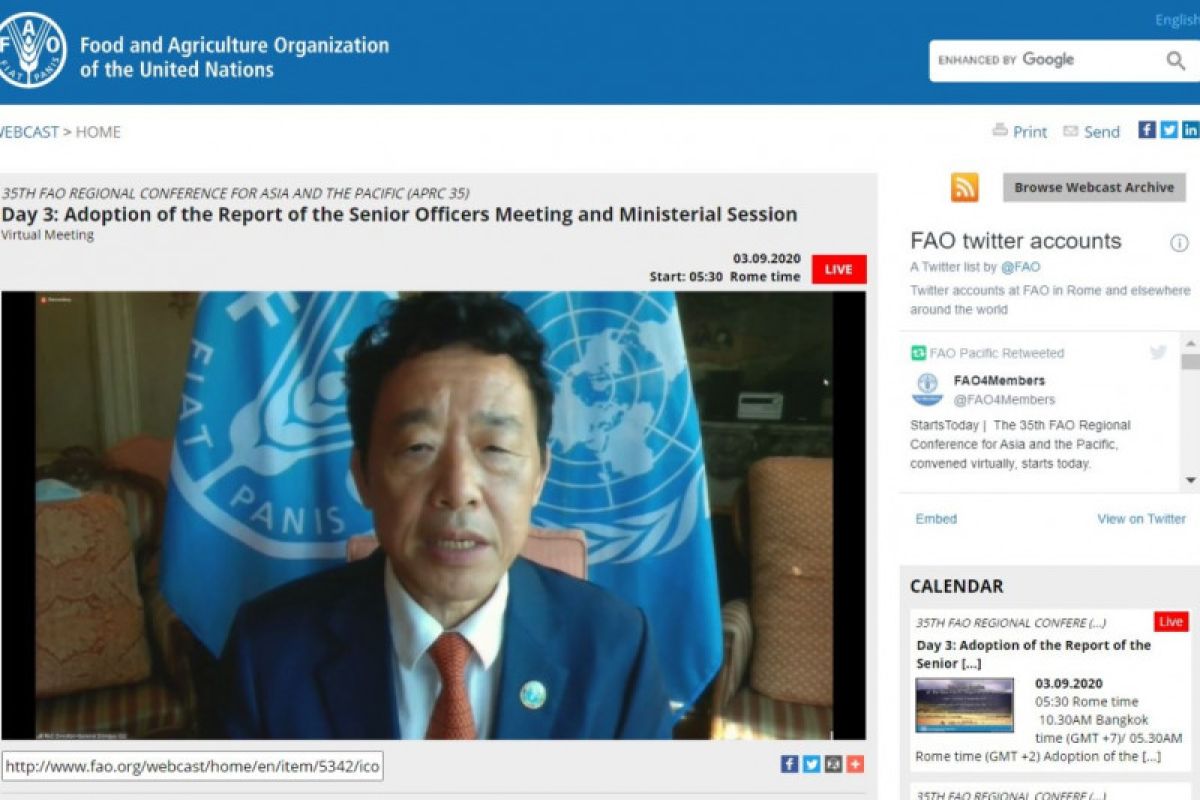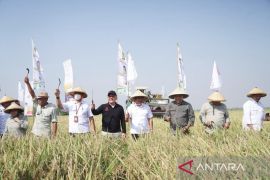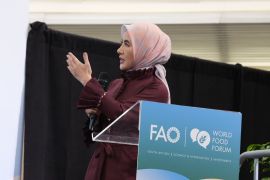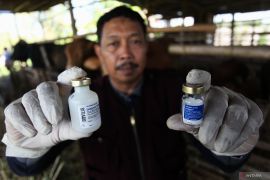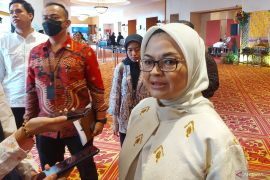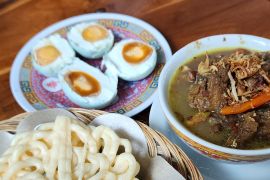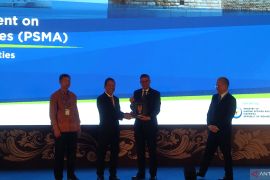The 35th session of FAO's Regional Conference for Asia and the Pacific (APRC) put special emphasis on the implications of the spread of the coronavirus and its impact on food systems region-wide, according to a release issued by FAO Indonesia, which was received here on Thursday.
The Asia-Pacific region is home to more than half of the world's undernourished. While the prevalence of hunger has decreased slightly, the region is far behind the pace needed to eradicate hunger and malnutrition by 2030, the Sustainable Development Goal deadline set by the global community to eliminate hunger and malnutrition in all its forms, the statement said.
Speaking to more than 400 participants of the online conference from Rome, FAO director general Qu Dongyu highlighted the negative effects of the pandemic, which have been felt across the entire food system.
"Measures to control virus outbreaks are disrupting global food supply chains. Border restrictions and lockdowns are destroying livelihoods and hindering food transport. Food loss and waste is increasing, as farmers must resort to dumping perishables, and many people in urban centers are struggling to access fresh food," he noted.
Qu stressed that smallholder farmers and their families, food workers in all sectors, and those living in commodity- and tourism-dependent economies, are particularly vulnerable.
"They urgently need our attention. We need to re-examine our food systems and value chains, make greater use of existing agricultural innovations and technologies, and consider new ones," he said.
In response to the pandemic, the FAO has launched the FAO COVID-19 Response and Recovery Program, which allows donors to leverage the organization's convening power, real-time data, early warning systems, and technical expertise to provide direct support, where and when it is needed the most.
Indonesia's priorities
Speaking from Malang, East Java, Indonesia's Minister of Agriculture, Syahrul Yassin Limpo, apprised the participants of the conference of Indonesia's four priorities in the "new normal" situation, highlighting the country’s efforts to strengthen food security during the pandemic.
"To sustain the availability of food for all in the new normal era, we have developed a set of policies called four Ways of Action. The four priorities include increasing production capacity, local food diversification, strengthening the food reserves and logistics system, and development of modern agriculture," he explained.
Syahrul said that despite the economic slowdown caused by the COVID-19 pandemic, Indonesia's GDP in the agricultural sector has increased 2.19 percent year-on-year and 16.24 percent compared to the previous quarter.
Moreover, despite the global setback in achieving SDGs, Indonesia's ranking in the global food security index has improved from 74th in 2015 to 62nd in 2019. The prevalence of stunting has also declined from 30.8 percent in 2018 to 27.67 percent in 2019.
Syahrul called on the participants to strengthen their collaboration and support FAO's Hand-in-Hand Initiative.
"Through South-South and Triangular Cooperation, we are ready to share our experience with every country in the region and beyond, together, to contribute to the attainment of the SDGs in these challenging times," he said.
The FAO Regional Conference serves as a forum for addressing current and emerging regional trends and challenges. This year's conference mulled the FAO's new Hand-in-Hand Initiative.
The initiative focuses on improving the potential of disadvantaged areas and groups of population, in line with the UN's commitment to "leave no one behind”.
Related news: Asia-Pacific nations plan COVID-19 response for addressing hunger: FAO
Related news: Family farms vital to food security, in need of support: FAO
Reporter: Yuni Arisandy Sinaga
Editor: Rahmad Nasution
Copyright © ANTARA 2020
